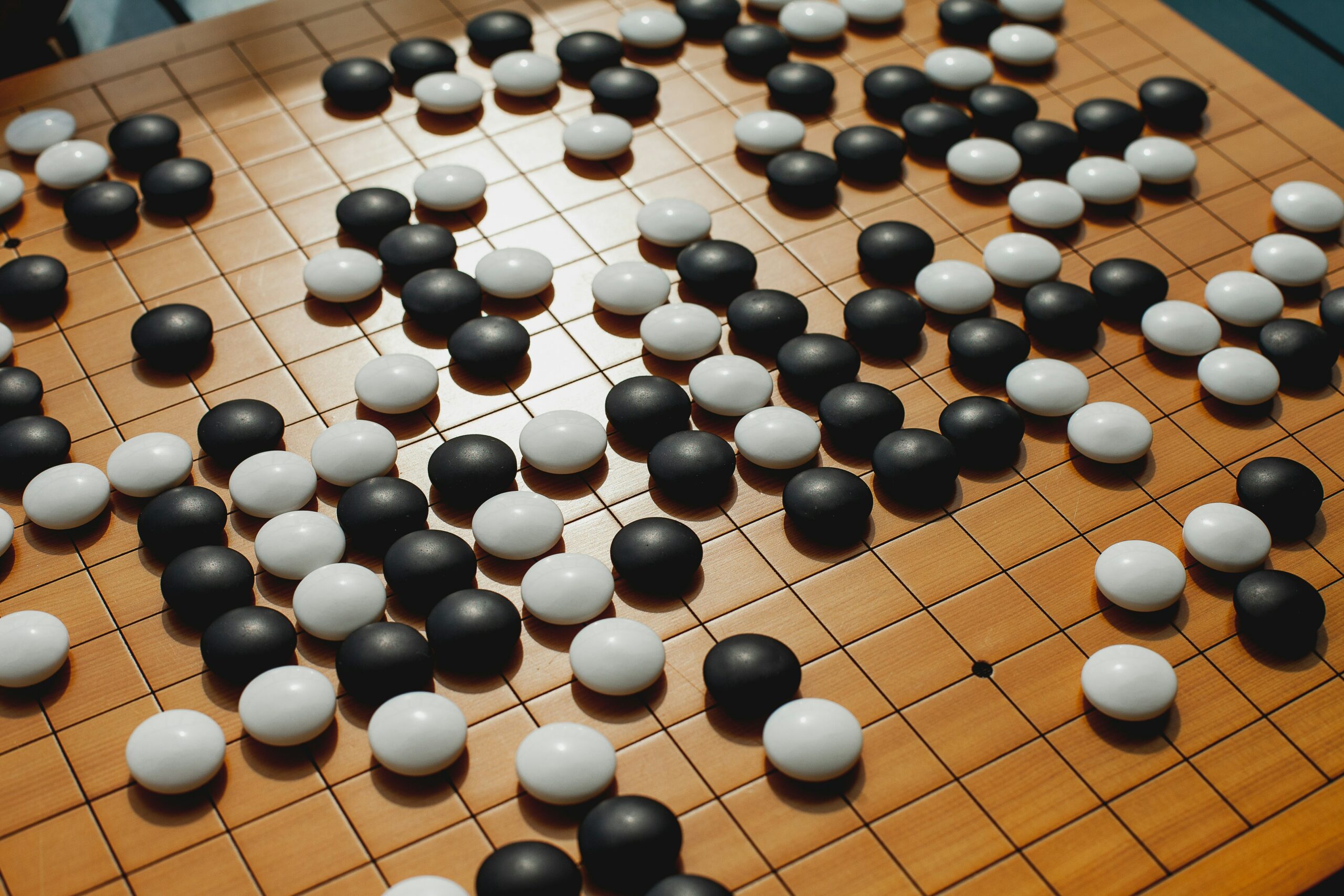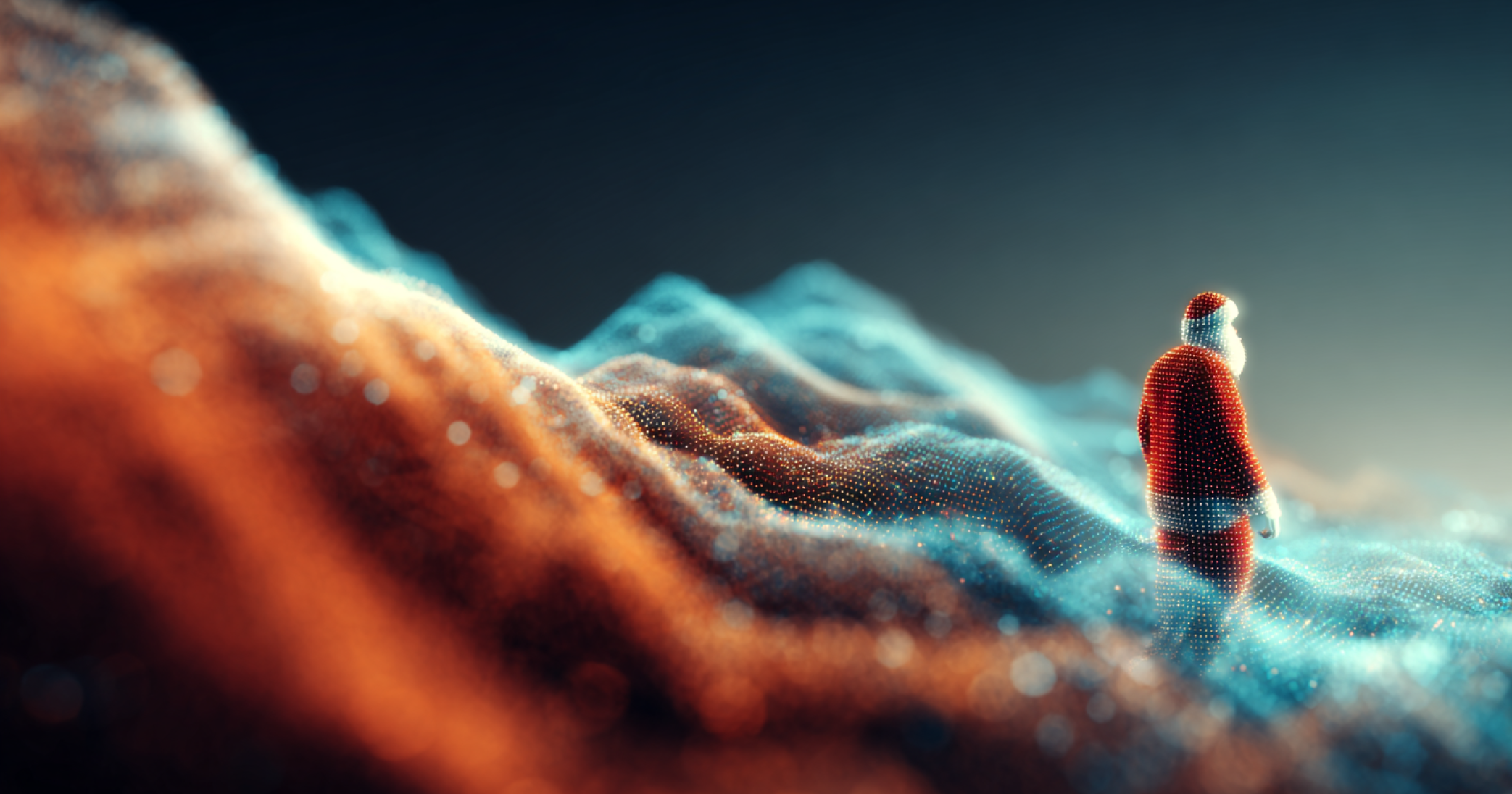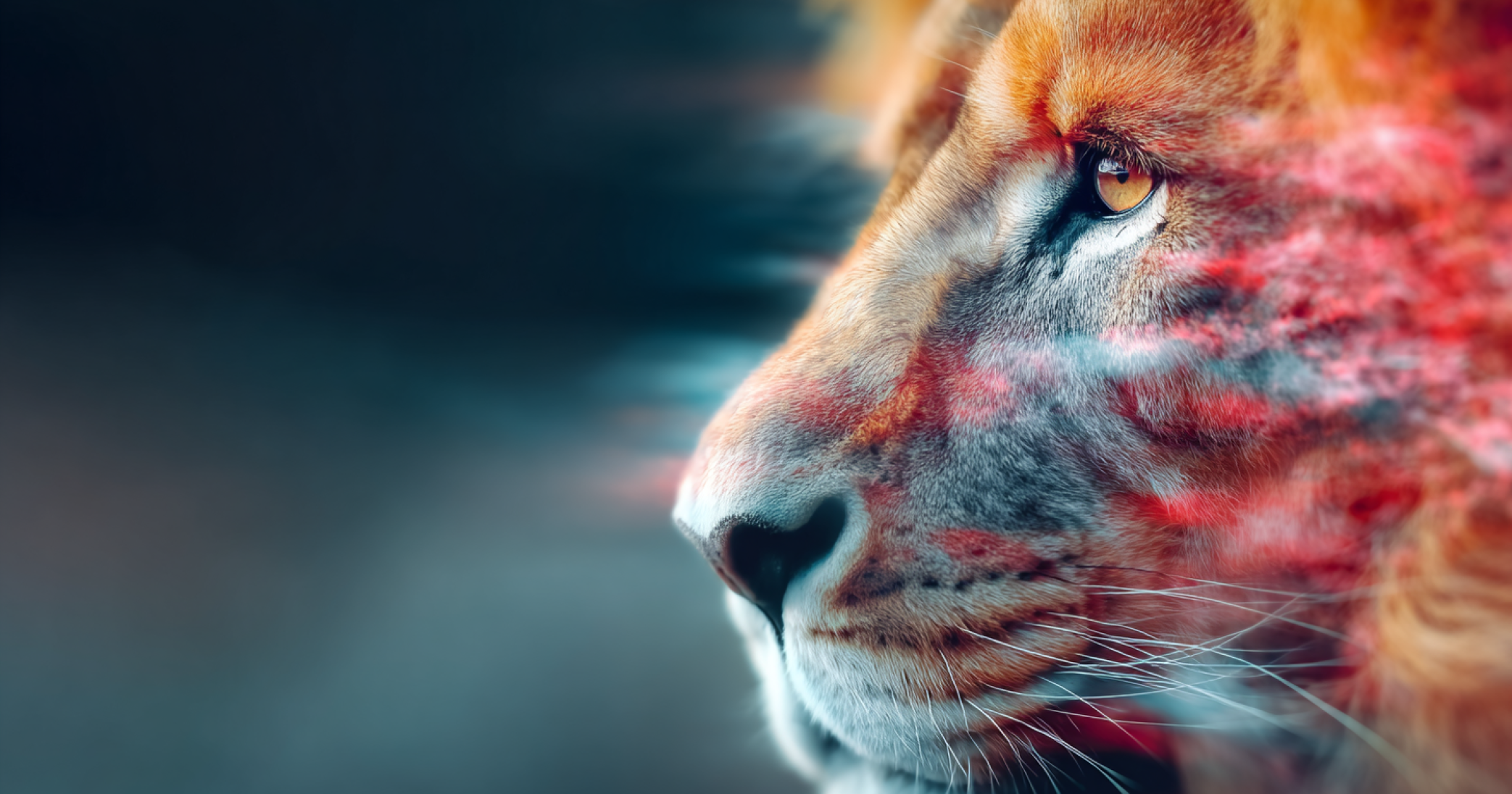The award-winning documentary film “AlphaGo” by DeepMind is now four years old. It is about an epic duel between human genius and machine intelligence. It centres on the ancient game of Go, which is known for its strategic depth and complexity
Move 37
In the second game of the historic series between AlphaGo and South Korean Go master Lee Sedol, AlphaGo made a move that shook the world. The 37th move was a moment of pure brilliance and innovation. The AI chose a position that defied all human conventions and expectations. While human players would have dismissed this move as a mistake, AlphaGo recognised a strategic opportunity that no one had seen before. This move symbolised a new era in which artificial intelligence could not only imitate human creativity, but even surpass it. It was a moment that showed that machines could think in ways far beyond human understanding.
This move was not only a technical masterpiece, but also a symbolic moment that showed that AI can not only imitate human abilities, but even surpass them. It was a demonstration that machines are capable of a form of creativity that we previously only attributed to humans.
Move 78
But in the fourth game, after three defeats, Lee Sedol showed that the human mind is unpredictable and brilliant. His 78th move, known as “God’s Move”, surprised AlphaGo and brought him the only victory in the series. It was a triumphant moment for human intuition and creativity.
Die Dokumentation zeigt eindrucksvoll, dass Maschinen zwar langfristig intelligenter werden können als Menschen. Doch es sind diese seltenen, aber bedeutsamen Momente menschlicher Genialität, die uns immer wieder überraschen und inspirieren. Lee Sedols “God’s Move” erinnert uns daran, dass es Aspekte des Menschseins gibt, die auch die fortschrittlichsten Maschinen nicht reproduzieren können: Die Fähigkeit, aus dem Nichts heraus kreativ und unerwartet zu handeln.
The comeback
Six years after AlphaGo’s groundbreaking victory over Lee Sedol, it looked as if the dominance of artificial intelligence in the game of Go was unstoppable. But the American player Kellin Pelrine defeated two of the strongest Go AIs, KataGo and Leela Zero, by exploiting a strategic weakness of the machines.
Pelrine used a method where he framed the opponent’s pieces while distracting the AI on another side of the board. This strategy, easily recognisable to humans, went unnoticed by the AI. This victory points to a fundamental weakness of AI systems: their inability to generalise situations that they have not explicitly experienced.
Computer scientist Stuart Russell emphasises that we were perhaps too quick to attribute superhuman intelligence to machines. The recent successes of human players show that the human mind can remain superior in its creativity and unpredictability, even in a world increasingly characterised by AI.
The development of AlphaGo and the recent victories of human players over Go AIs show that the relationship between man and machine need not be characterised solely by competition.
Sources:


























